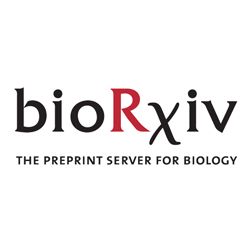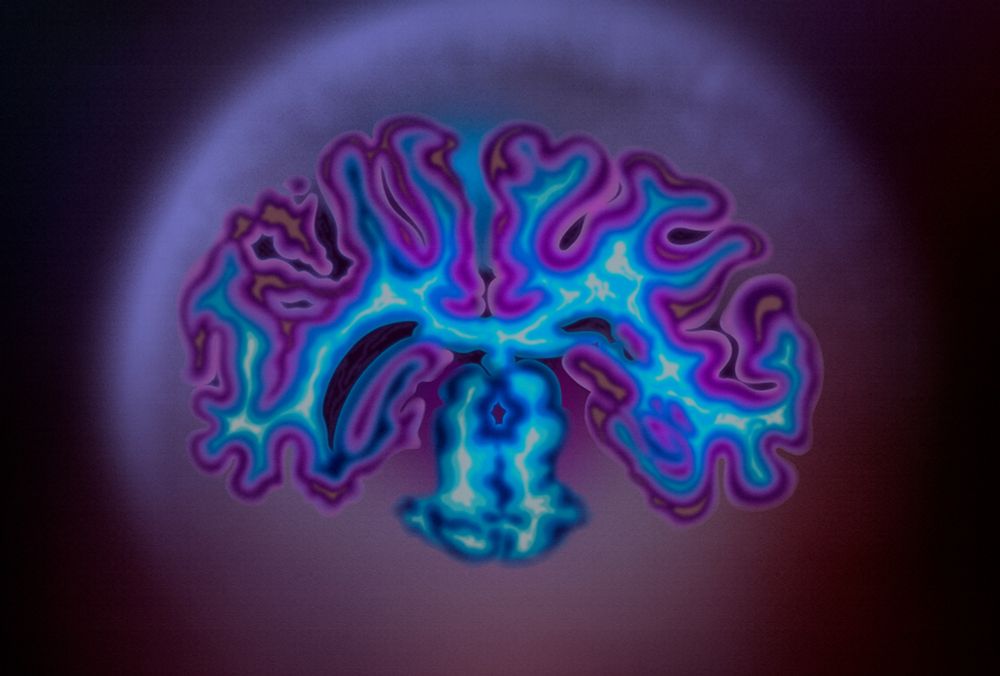Website: catrinahacker.com
www.nature.com/articles/s41...

www.nature.com/articles/s41...


https://doi.org/10.1523/JNEUROSCI.0187-25.2025

Why do some insights from spikes translate to field potentials while others don't? In this paper we compare visual memory representations in spikes and LFPs to propose a general framework that answers this question.
www.biorxiv.org/content/10.6...
🧵 (1/10)
🧠🟦 🧠💻

Why do some insights from spikes translate to field potentials while others don't? In this paper we compare visual memory representations in spikes and LFPs to propose a general framework that answers this question.
www.biorxiv.org/content/10.6...
🧵 (1/10)
🧠🟦 🧠💻
rdcu.be/eVZ1A

rdcu.be/eVZ1A
#neuroskyence
www.thetransmitter.org/theoretical-...

#neuroskyence
www.thetransmitter.org/theoretical-...

arxiv.org/abs/2512.12467

arxiv.org/abs/2512.12467
Not true - zuranolone (PPD), suzetrigine (pain), gepants (migraine), and more... were born out of a long arc of studies in the lab.
I wrote a Perspective on why this matters. @thetransmitter.bsky.social
www.thetransmitter.org/drug-develop...

Not true - zuranolone (PPD), suzetrigine (pain), gepants (migraine), and more... were born out of a long arc of studies in the lab.
I wrote a Perspective on why this matters. @thetransmitter.bsky.social
www.thetransmitter.org/drug-develop...
Today, we've posted a revised preprint showing something that's actually different between the two structures. Evidence for a novel medial temporal lobe computation!
www.biorxiv.org/content/10.1...
Today, we've posted a revised preprint showing something that's actually different between the two structures. Evidence for a novel medial temporal lobe computation!
www.biorxiv.org/content/10.1...
With a hard-won dataset, Barnes shares the surprising result that visual cortex looks more like the hippocampus than you might think!
#neuroskyence
www.jneurosci.org/content/earl...

With a hard-won dataset, Barnes shares the surprising result that visual cortex looks more like the hippocampus than you might think!
#neuroskyence

Learn about the amazing scientific, mentoring, and community-building contributions made by friends selected around the world 🧠🌍 www.thetransmitter.org/early-career...

Learn about the amazing scientific, mentoring, and community-building contributions made by friends selected around the world 🧠🌍 www.thetransmitter.org/early-career...
There, he'll tell you about a pardox and its resolution - along with a previously undescribed computation in the medial temporal lobe.

There, he'll tell you about a pardox and its resolution - along with a previously undescribed computation in the medial temporal lobe.
#neuroskyence #SFN2025
Don't miss this terrific #SFN2025 nanosymposium that she & @lizsiefert.bsky.social have organized around that idea! (Sun, 8a).

#neuroskyence #SFN2025
This week @pennngg.bsky.social student Nita Rome unpacks the history behind these concerns and how modern studies have debunked this misconception.
pennneuroknow.com/2025/11/11/v...
#PsychSciSky #SciComm 🧠🟦🧪

This week @pennngg.bsky.social student Nita Rome unpacks the history behind these concerns and how modern studies have debunked this misconception.
pennneuroknow.com/2025/11/11/v...
#PsychSciSky #SciComm 🧠🟦🧪
#neuroskyence
bit.ly/47MXYLH

#neuroskyence
bit.ly/47MXYLH
go.nature.com/47zrzYZ

go.nature.com/47zrzYZ




We're looking into a jet of plasma shooting out from a supermassive black hole, called PKS 1424+240. The lines depict intense magnetic fields threaded through the jet. 🧪🔭
www.mpg.de/25171297/eye...

We're looking into a jet of plasma shooting out from a supermassive black hole, called PKS 1424+240. The lines depict intense magnetic fields threaded through the jet. 🧪🔭
www.mpg.de/25171297/eye...

